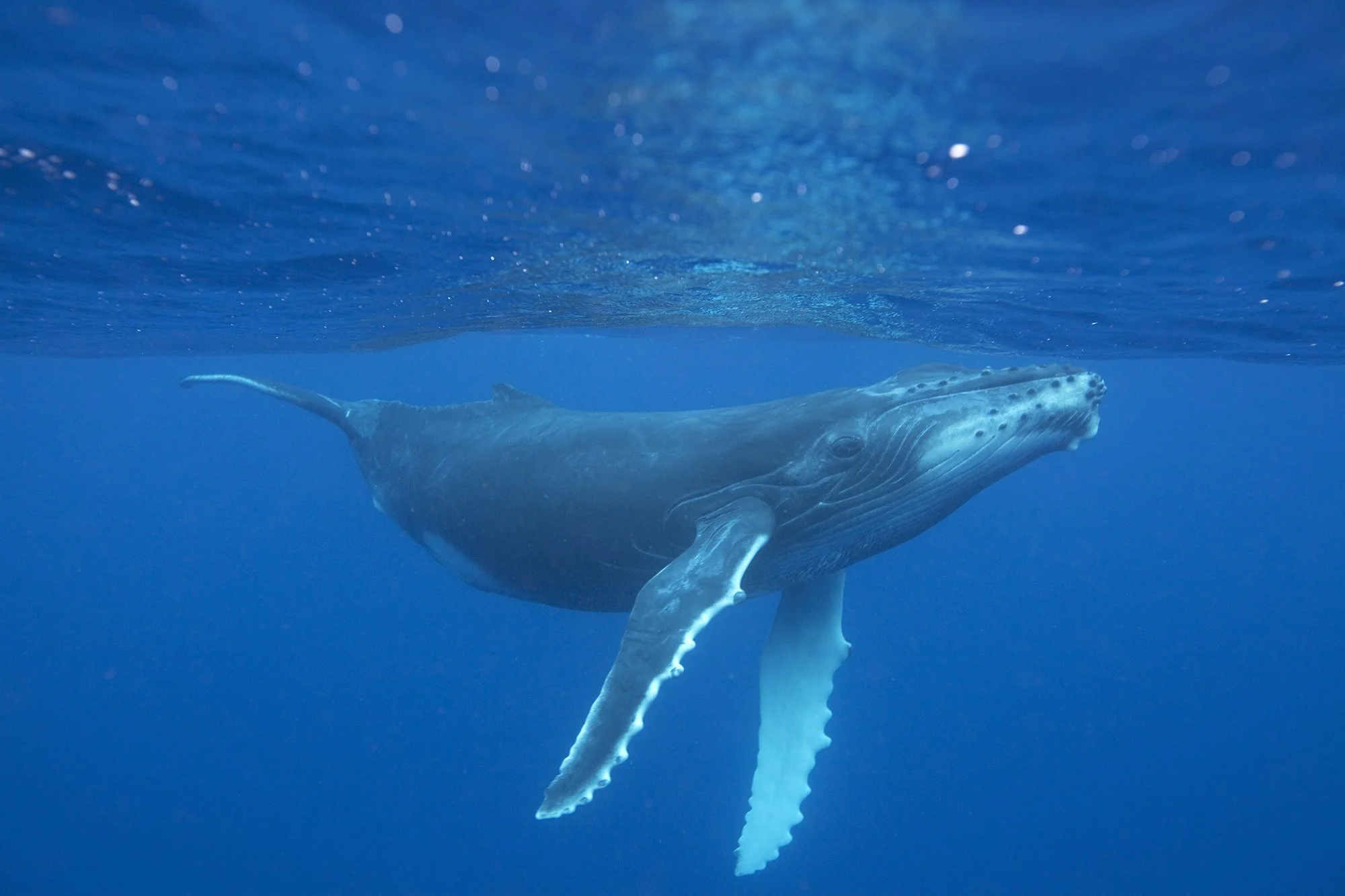Whale watching tours promise an enchanting voyage into the realm of marine giants, offering a glimpse into their world of grace and grandeur. While the allure of encountering these majestic creatures in their natural habitat is undeniable, it’s crucial to approach such adventures with caution and awareness. As we delve into the realm of whale watching, we must not overlook the lessons gleaned from past incidents that underscore the importance of preparation, responsibility, and respect. In this article, we’ll explore ten essential things you should know before embarking on a whale watching tour, drawing insights from both the wonders of the ocean and the unfortunate mishaps that have occurred at sea. By arming ourselves with knowledge and foresight, we can ensure a safe, enriching, and unforgettable experience amidst the vast expanse of the ocean.
- Research and Choose a Reputable Tour Operator:
Stories: A quick search on the internet reveals incidents where inexperienced or irresponsible operators put passengers at risk. For example, a tour company in California faced backlash after overcrowding its boat, leading to a capsizing incident that endangered passengers. - Understand the Risks:
While whale watching is generally safe, accidents can happen. In one notable incident off the coast of Canada, a boat collided with a humpback whale, injuring several passengers and causing significant damage to the vessel. Understanding the risks involved, such as collisions or adverse weather conditions, is crucial for ensuring your safety. - Check Safety Measures:
Before booking a tour, inquire about the safety measures in place on the boat. Ensure that the vessel is equipped with life jackets, emergency communication devices, and first aid kits. Additionally, confirm that the crew has undergone proper training in marine safety procedures. - Know the Signs of Seasickness:
Seasickness can quickly turn a whale watching excursion into a miserable experience. Familiarize yourself with the symptoms of seasickness, such as nausea, dizziness, and fatigue, and take appropriate measures to prevent or alleviate it. Consider taking motion sickness medication or using natural remedies like ginger to mitigate symptoms. - Dress Appropriately:
Inadequate clothing can make the difference between an enjoyable outing and a miserable one. Dress in layers to adapt to changing weather conditions, and don’t forget to bring waterproof outerwear to shield yourself from sea spray. A warm hat and gloves can also help ward off the chill, especially on windy days. - Follow Wildlife Guidelines:
Responsible whale watching involves respecting marine wildlife and adhering to established guidelines for wildlife observation. Avoid approaching whales too closely or engaging in behavior that could disturb their natural behavior. In one unfortunate incident, a tour group in Alaska faced fines for violating regulations by getting too close to a pod of orcas. - Be Prepared for the Unexpected:
Whale watching tours can be unpredictable, with sightings occurring at any moment. Be prepared for the possibility of extended periods without whale sightings and embrace the overall experience of being out at sea. Remember that every moment spent in nature is valuable, regardless of whether you encounter whales. - Practice Responsible Photography:
Capturing photos of whales can enhance your experience, but it’s essential to do so responsibly. Avoid using flash photography or making loud noises that could startle the whales. In a well-publicized incident, a tour operator faced backlash after passengers were observed disturbing whales by using drones to capture footage. - Listen to the Crew:
The crew members are there to ensure your safety and enhance your experience. Pay attention to their instructions regarding safety procedures, wildlife viewing guidelines, and any other pertinent information. In an unfortunate incident in New Zealand, a tour operator faced criticism after failing to provide adequate safety instructions, leading to a passenger falling overboard. - Enjoy the Experience Safely:
Above all, prioritize safety and enjoyment during your whale watching tour. Keep a safe distance from the whales, respect their habitat, and savor every moment of this extraordinary opportunity to witness these magnificent creatures in the wild.
Whale watching tours offer a unique opportunity to connect with nature and witness the beauty of marine life firsthand. By learning from past incidents and following these ten essential tips, you can ensure a safe, memorable, and responsible experience on your next whale watching adventure. So, embark on your journey with confidence, and prepare to be awe-struck by the wonders of the ocean.
Stay in the loop with our latest articles, guides, and insider tips by subscribing to the ItsSoSanDiego newsletter. Your subscription not only keeps you informed but also supports us in continuing to provide valuable content for our community. Sign up today and never miss out on the latest happenings in America’s Finest City!

